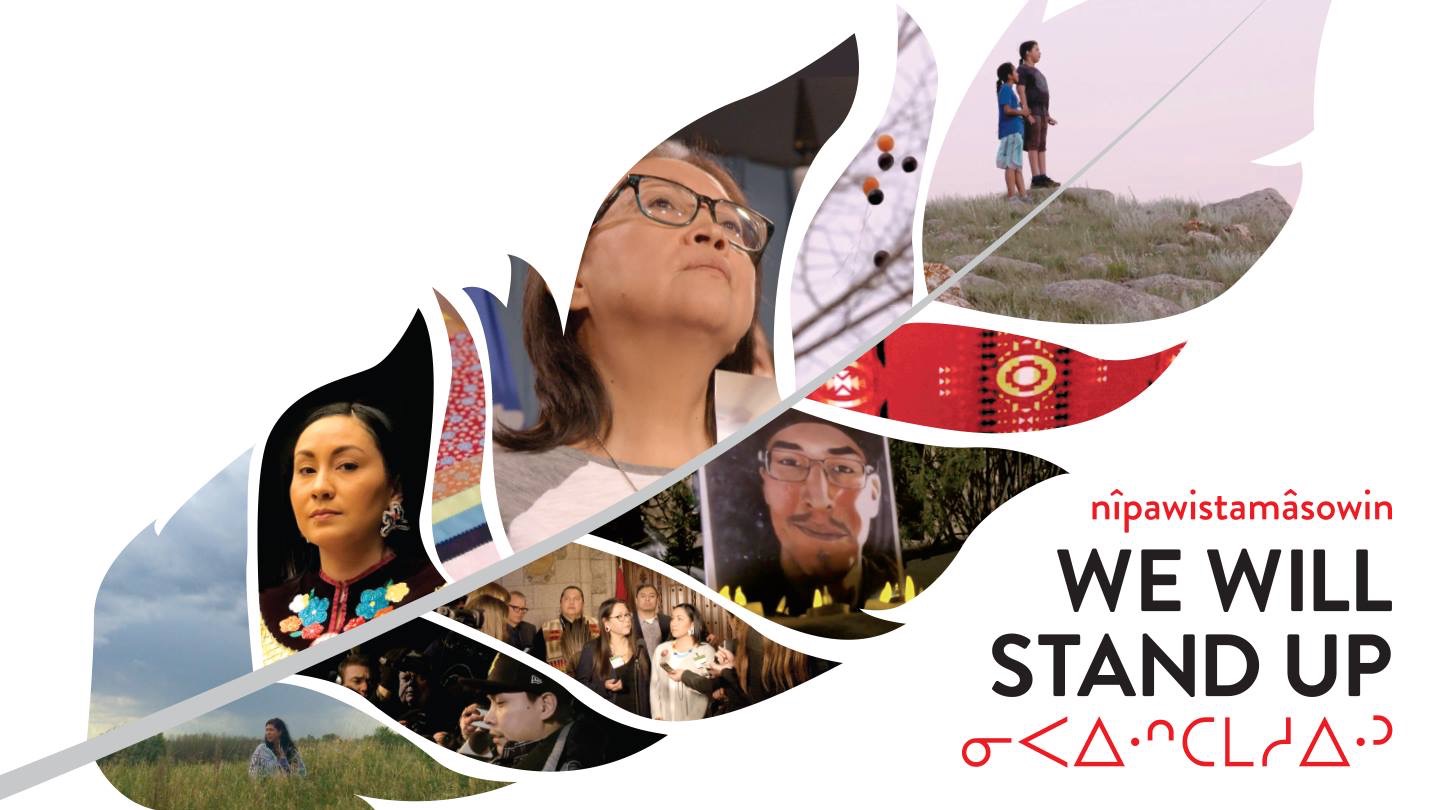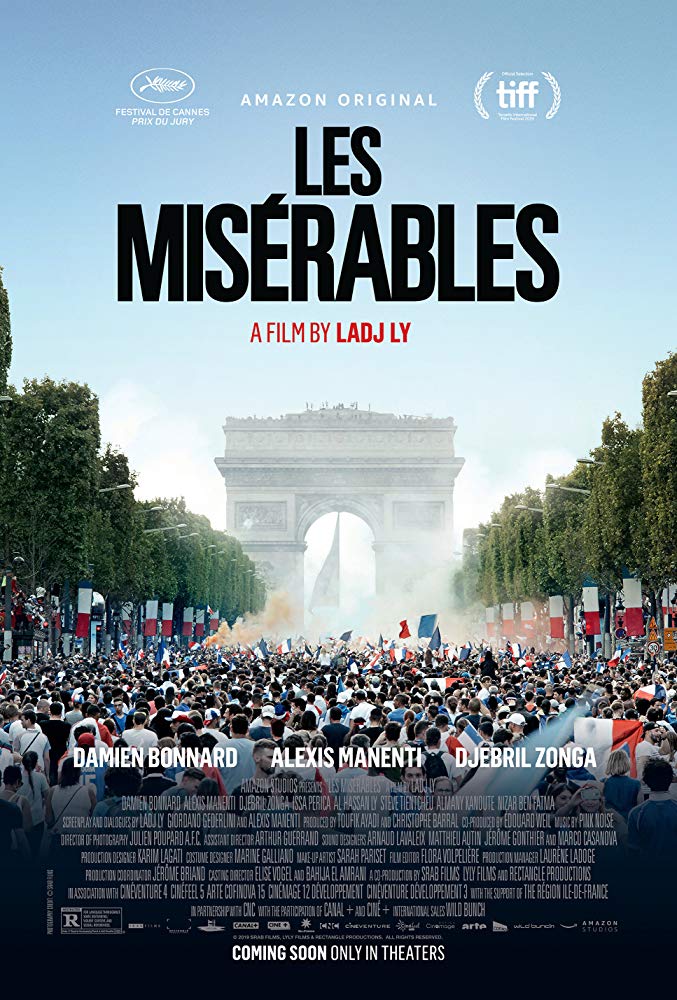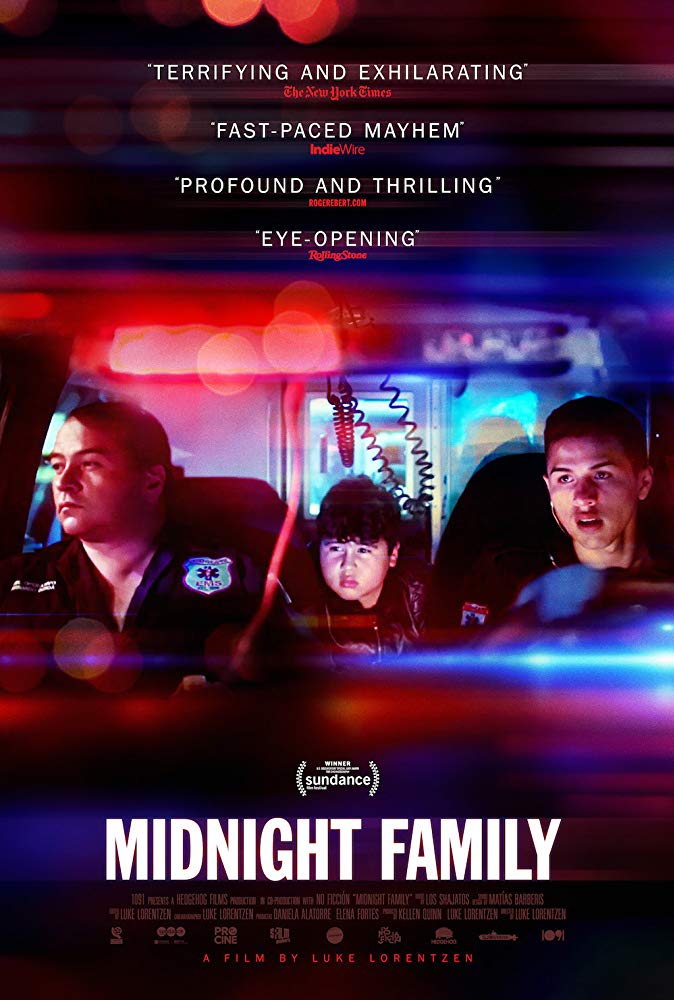
After seeing the racism displayed in Les Miserables, this film reveals the depth of racism in Canada. This movie brought me to tears and I didn't sleep well after the screening.
The shooting of Colten Boushie by Gerald Stanley is at the root of the film. The story is told mainly by members of the surviving family. The racism experienced by the family immediately after the shooting, through the bail hearing and the trial was devastating, and it was unforgivable in the way the evidence was collect (or not collected and preserved). I remember the many Canadians who were shocked at the Not Guilty verdict, as well as the "Justice for Colten" protests.
The family have gone on to fight for equality in the legal system - as one First Nation's leader said, "You can't call it a justice system".

The movie was shot in the same location as Victor Hugo set his novel of the same name. Corrupt and racist cops keep peace in the neighbourhood whose residents are mainly immigrants. One day one of the cops takes things too far and injures a young boy. In an attempt to maintain peace and keep their reputation and jobs, the cops associate with a couple of groups but to no avail. The youth of the area rebel and chaos erupts.
I loved this Hugo quote at the end of the movie: "Remember this, my friends: there are no such things as bad plants or bad men. There are only bad cultivators."

I'm pretty sure this one will make it into my top three or four films.
Claire is a 50-something woman who is a single mother to two sons. Although she has a fulfilling career she is lonely and her lover doesn't pay as much attention to her as she would like. In order to keep tabs on him she creates an online profile (Clara) and targets her lover's roommate, the much younger Alex. As things become more serious between Alex and Clara, Claire must decide how she will handle her deceit.

I thought the film was repetitive; the movie follows a family in Mexico as they struggle to make a living driving a private ambulance. Apparently, in Mexico, there are only 45 government-sanctioned ambulances for 9 million people. The private ambulance services struggle to reach accident scenes before any other ambulances do, they have to pay bribes to the police, but they are paid well when they take their passengers to privately-run hospitals.
Long story short - don't have a medical emergency in Mexico!